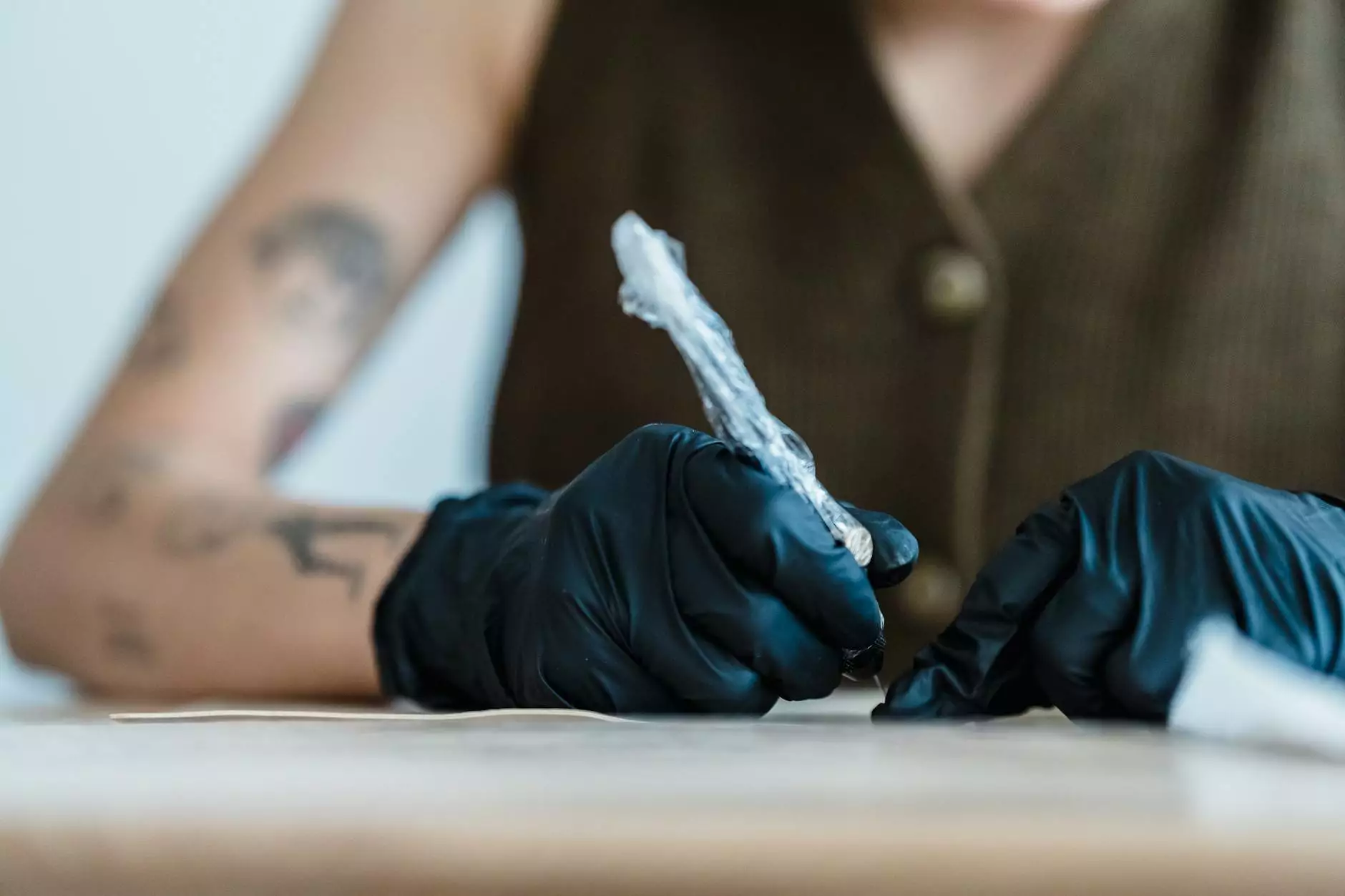Understanding Confidentiality in Dental Practices

Confidentiality is a cornerstone of trust between patients and healthcare providers. In the realm of dentistry, maintaining a patient's privacy is not just a legal obligation but a moral imperative. In this article, we will explore how and when to seek advice about confidentiality, especially in the context of Woodlands Dental Practice. We will delve into various situations where confidentiality is crucial and how dental professionals can uphold it effectively.
The Importance of Patient Confidentiality
Confidentiality in the dental field ensures that all personal health information remains private and secure. This is particularly vital due to the sensitive nature of the information shared between patients and dental practitioners. Here are some key reasons why patient confidentiality is essential:
- Trust Building: Maintaining confidentiality fosters trust, which is essential for effective patient-dentist relationships.
- Legal Compliance: Dentists must adhere to laws such as HIPAA (Health Insurance Portability and Accountability Act), which mandates the protection of patients' medical records.
- Patient Comfort: Patients are more likely to be open about their health concerns if they know their information is kept confidential.
- Professional Integrity: Upholding confidentiality demonstrates professionalism and ethical behavior in practice.
When to Seek Advice About Confidentiality
There are several scenarios in which dental professionals may need to seek advice about confidentiality. Understanding these moments is crucial for maintaining the integrity of the practice and safeguarding patient information. Let’s explore these scenarios in detail:
1. Dealing with Minors
When treating minors, dentists must navigate the complexities of parental rights and patient confidentiality. Questions often arise about:
- What information can be shared with parents?
- At what age can a minor independently consent to treatment?
In these situations, it’s important to consult with legal experts or follow established guidelines in your dental practice to avoid potential breaches of confidentiality.
2. Substance Abuse Disclosure
If a patient reveals a history of substance abuse during treatment or consultation, understanding the extent to which this information can be shared is critical. Dentists should seek advice about confidentiality before discussing these matters with others, ensuring they comply with laws and ethical guidelines.
3. Electronic Health Records (EHR)
The shift to digital records has provided numerous benefits but also risks. Practices must consider:
- Are the EHR systems secure?
- How should we handle a data breach?
Consulting IT security professionals can provide clarity and security measures to protect patient data effectively.
How to Maintain Confidentiality in Dental Practices
Maintaining patient confidentiality requires comprehensive strategies and practices. Here are several critical steps dental professionals should take:
1. Staff Training
All staff members should receive regular training on the importance of confidentiality, including:
- Understanding legal responsibilities
- Best practices for secure patient handling
- Recognizing breaches and how to report them
2. Secure Records Management
Implementing robust systems for both electronic and paper records is essential. Consider:
- Digitally encrypting electronic records
- Securely locking paper records in restricted access areas
3. Patient Communication
When discussing treatment with patients, ensure that conversations occur in private settings where they cannot be overheard. Additionally, provide information on how their data will be used will help to reinforce their trust.
Seeking Professional Advice: When is it Necessary?
Knowing when to seek professional advice about confidentiality is vital. Here are some specific instances:
1. Unclear Policies or Regulations
If there’s any confusion about local laws or regulations governing patient confidentiality, reaching out to a legal expert is essential.
2. Potential Breaches
In the event of a potential breach, immediately consulting with legal advisors can help mitigate risks and establish a response plan.
3. Compliance Audits
During compliance audits, it may be wise to seek help from outside consultants who specialize in privacy laws and can help ensure that the practice meets all necessary regulations.
Best Practices for Dental Professionals
To ensure confidentiality remains a priority, dental practitioners should adopt a series of best practices:
1. Regularly Review Policies
It’s crucial to periodically review confidentiality policies and update them according to new laws or technological advancements.
2. Encourage Patient Feedback
Creating a feedback mechanism for patients to share their thoughts on privacy can provide insights and areas for improvement.
3. Build a Culture of Confidentiality
Foster a workplace culture that prioritizes confidentiality, where every staff member understands their role in protecting patient information.
Conclusion
In conclusion, understanding how and when to seek advice about confidentiality is a fundamental aspect of dental practice. By prioritizing patient confidentiality through education, secure practices, and professional guidance, dental providers can develop robust systems that not only protect patient information but also enhance the trust and integrity of the dental profession as a whole. The dental landscape continues to evolve, and staying informed will ensure that practices like Woodlands Dental Practice remain at the forefront of patient care.



